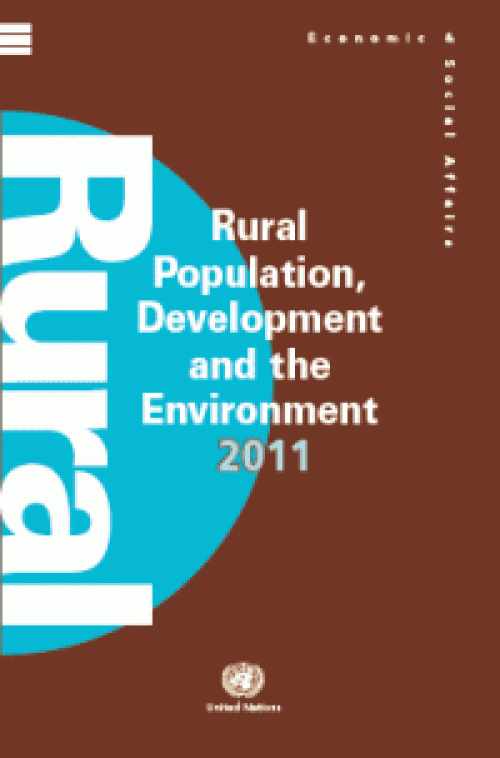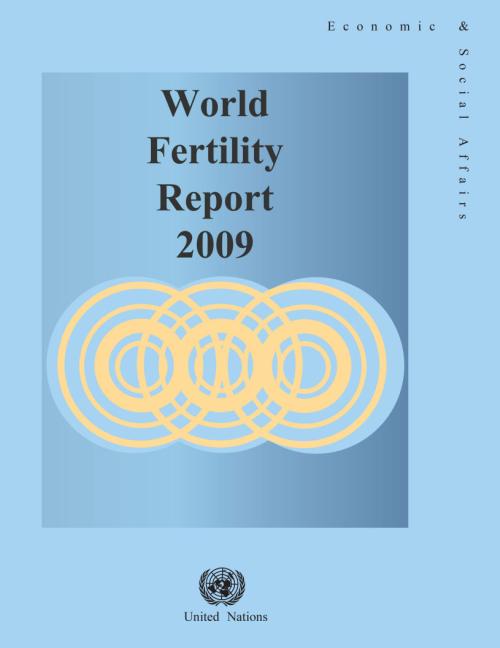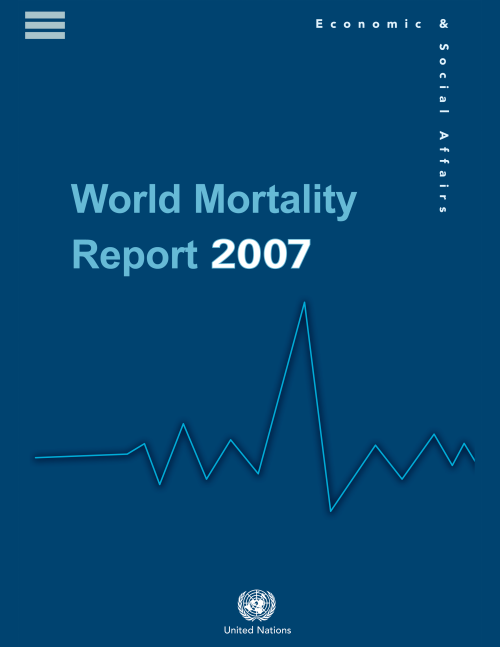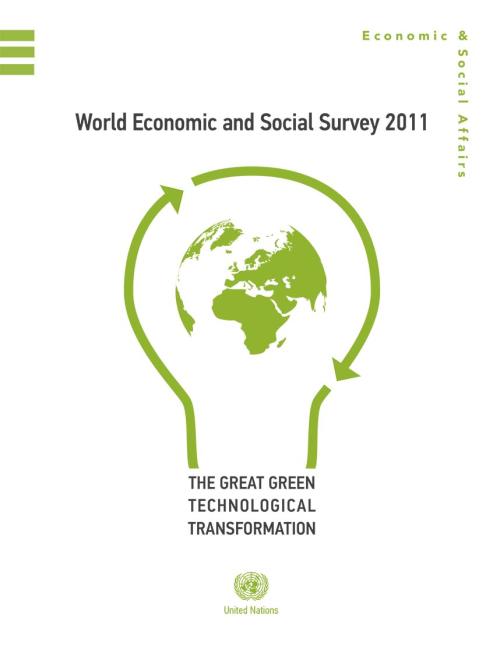“The social, economic and political costs of a prolonged youth unemployment crisis are high. It is therefore obvious that there is an urgency in addressing the youth employment crisis, but youth employment cannot be tackled without the involvement and participation of youth. It is with this in mind that the current World Youth Report is dedicated to the voices of young people themselves,” said Ms. Daniela Bas, Director of UN DESA’s Division for Social Policy and Development at today’s launch.
The world economy is on the brink of another major downturn. Global economic growth started to decelerate on a broad front in mid-2011 and is estimated to have averaged 2.8 per cent over the last year. This economic slowdown is expected to continue into 2012 and 2013. The United Nations baseline forecast for the growth of world gross product (WGP) is 2.6 per cent for 2012 and 3.2 per cent for 2013, which is below the pre-crisis pace of global growth.
Persistent high unemployment in the United States and low wage growth are holding back aggregate demand and, together with the prospect of prolonged depressed housing prices, this has heightened risks of a new wave of home…
The Demographic Yearbook 2009-2010 is the sixty-first in a series published by the United Nations since 1948. It contains tables including a world summary of selected demographic statistics, statistics on the size, distribution and trends in national populations, fertility, foetal mortality, infant and maternal mortality, general mortality, nuptiality and divorce. Data are shown by urban/rural residence, as available. In addition, the volume provides Technical Notes, a synoptic table, a historical index and a listing of the issues of the Demographic Yearbook published to date.
Released in December 2011, the report Disability and the Millennium Development Goals: A Review of the MDG Process and Strategies for Inclusion of Disability Issues in Millennium Development Goal Efforts, examines the MDGs and its relation to disability issues with a view to impact the post-2015 development agenda. It is intended to provide a “road map” for how and why disability can and should be included in the planning, monitoring and evaluation of MDG-related programmes and policies.

UN Population Division's wall chart on Rural Population, Development and the Environment 2011 presents the latest data available for 15 indicators of rural population, land use, development and environment. It provides estimates at the national, regional and world levels, giving us a better understanding of the relationship between demographic dynamics, natural resources and cultural practices.

The report focuses on the social and economic wellbeing of older persons and documents the demographics of older age; their economic status and participation in the labour force; the health of older persons; and the societal perceptions and social integration of older persons. On each of these topics, the report attempts to account for the diversity of situations of older persons in society and across the world. It also attempts to capture the changing reality and perceptions of old age as well old persons’ own views.
The report is based on recent research and empirical data from various sources available to the United Nations Secretariat, and includes a range of up-to-…

This report, published by the Population Division, is the third in the series of the analysis of reproductive behaviour worldwide. It discusses levels and trends of fertility, the timing of childbearing, marriage, contraceptive use and national policies with respect to fertility and childbearing for 196 countries or areas. The data presented are obtained from civil registration statistics, population censuses and nationally representative sample surveys.

The report provides a comprehensive set of mortality estimates for the world’s countries. The objectives of the report are twofold. First, the results of the 2006 Revision of World Population Prospects are used to provide an overview of levels and trends of mortality for 195 countries and areas that had populations of 100,000 or higher in 2007. The second objective is to document the availability of information relevant to the estimation of child and adult mortality at the national level in order to set the basis for the continuing improvement of mortality estimation.
If the Millennium Development Goals (MDGs) are to be achieved, a serious shortfall in funding must be addressed. This is the stark revelation of the UN’s MDG Gap Task Force report, released today in New York. Introducing the report, UN Secretary-General Ban Ki-moon underlined the importance of the report’s findings, saying “we cannot afford to leave the poor even further behind.”
The number of deaths of children under the age of five declined from 12.4 million in 1990 to 8.1 million in 2009, which means nearly 12,000 fewer children die each day. Some of the world’s poorest countries have also made impressive gains in the fight against poverty, but the least developed countries still lag in efforts to improve living standards.

Nothing short of a technological revolution on the scale of the first industrial revolution will be required to meet the challenge of sustainable development. Enormous improvements in human welfare have taken place over the past two centuries, but at a lasting cost of degradation of our natural environment. Continuation along established economic growth paths means that the Earth's capacity to ensure human welfare and serve as a sink for the waste and pollution generated in the creation of that welfare will be exceeded.
The World Economic and Social Survey 2011 analyses the challenges and options involved in shifting to a "green economy" based on more efficient and renewable…
“The economic crisis reminds us that it is essential for people to be healthy, educated, adequately housed and well fed to be more productive and better able to contribute to society,” said Jomo Kwame Sundaram, DESA’s Assistant Secretary-General for Economic Development. “Social policy should be an integral part of economic policy.”
 Welcome to the United Nations
Welcome to the United Nations